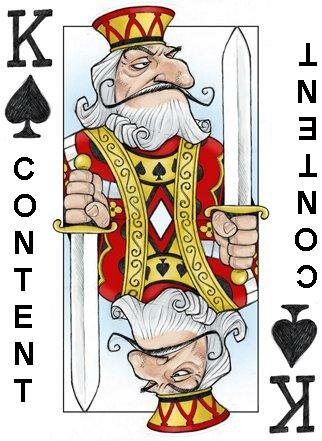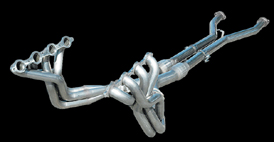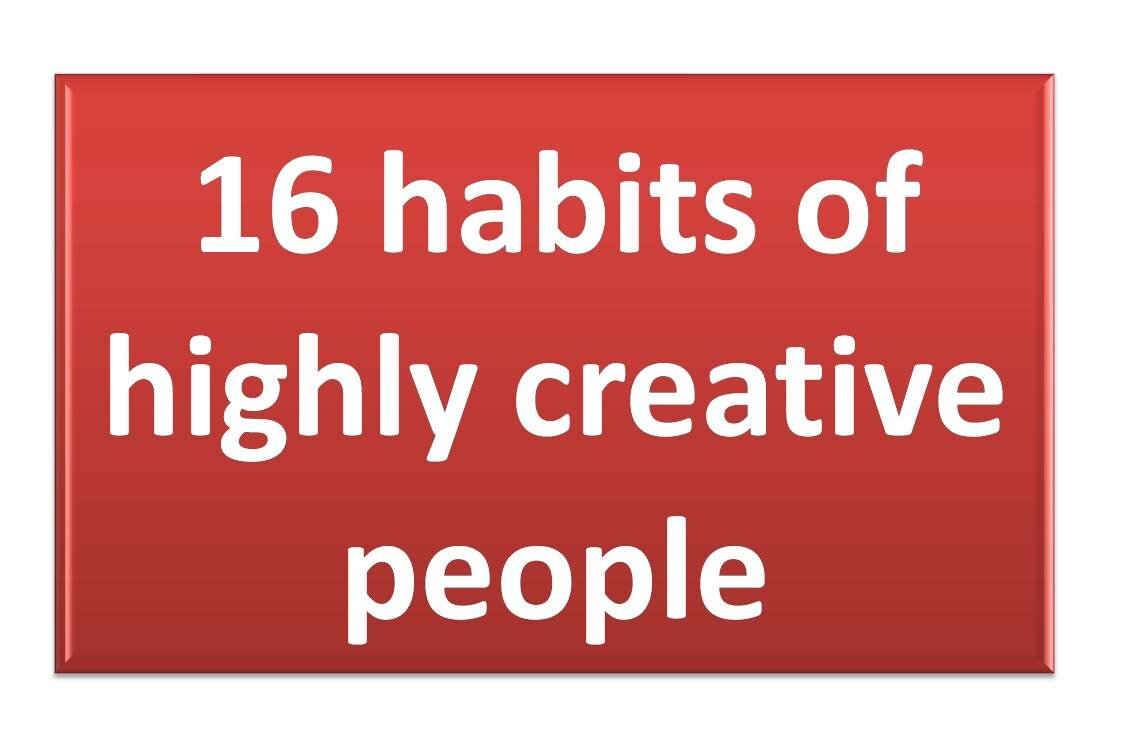Become Your Own Boss
|
|||||||||
Santhosh Babu | Jan 18, 2010
 Who does not like the idea of being one’s own boss, calling the shots, managing assets (and may be people), and making money as unlimited as your talents and enterprise? Yet loving the idea of business ownership is one thing, and making the business a success is another. In my seven years’ career as an organisation development consultant, I have heard many people mention that they are fed up of working for someone and would like to start their own business. In fact, some of them who left to start their business are very successful today and many got back to a job after failing miserably in their own venture.
Who does not like the idea of being one’s own boss, calling the shots, managing assets (and may be people), and making money as unlimited as your talents and enterprise? Yet loving the idea of business ownership is one thing, and making the business a success is another. In my seven years’ career as an organisation development consultant, I have heard many people mention that they are fed up of working for someone and would like to start their own business. In fact, some of them who left to start their business are very successful today and many got back to a job after failing miserably in their own venture.
What are the general ingredients for success for an entrepreneur who is leaving his job to have his own set-up?
An idea. A business that is your hobby, passion or interest. So come up with a business idea. What hobbies or activities you like that can generate money?
Develop a business plan. Write down what your business will offer, how and to whom. Include your long-term goals. Writing brings clarity.
Do market research to check out your competitors. Who else is offering the same service? How do they promote it and at what prices?
Determine how will you market the product?
But when I look at all the people who left their jobs and are now successful small business owners, I find that they have different attitudes and behaviours. Everyone may not operate from the structured steps mentioned above. For instance, one entrepreneur would measure success by sales growth, while another by independent lifestyle.
Small business owners can be divided into five groups, each displaying distinct attitudes, according to a study conducted in the USA – Idealists, Hard Workers, Jugglers, Optimisers and Sustainers. While each type can be successful, they all take different routes to success.
Idealists: Twenty-four per cent of business owners surveyed, fit the Idealists mold, making this the largest of the five groups. Idealists start businesses to work on something special, according to the study. For example, Navin says. “I love creating content, developing software and doing all the designing.” After working for different organisations, he now owns his business that looks at interactivity of web-based applications.
Although they love creative work and are technically adept in their field, Idealists are impatient with administrative tasks. So they may not want to grow their business to an extent where all they would be doing is to manage people and administrative work.
Optimisers: At 21%, they prefer the personal rewards of entrepreneurship – freedom and flexibility for expansion. They do want growth, but the most important thing is the profit made.
Hard Workers: Representing 20% of those studied, they tend to put in more hours to achieve results. They’re detail-oriented, financially aggressive and the most growth-oriented group of entrepreneurs.
 Jugglers: Accounting for 20% of the sample, they are the most personally involved in their businesses. They feel the pressure to pay bills, make payroll and keep cash flow positive. They’re technologically savvy and embrace the internet. They think nobody can do it like them and are consequently reluctant to delegate. Anup left his job as a senior designer while he was with a leading newspaper and now runs his own designing shop. While he has couple of junior assistants, he does most of the job and deals with clients himself. He is a one man organisation!
Jugglers: Accounting for 20% of the sample, they are the most personally involved in their businesses. They feel the pressure to pay bills, make payroll and keep cash flow positive. They’re technologically savvy and embrace the internet. They think nobody can do it like them and are consequently reluctant to delegate. Anup left his job as a senior designer while he was with a leading newspaper and now runs his own designing shop. While he has couple of junior assistants, he does most of the job and deals with clients himself. He is a one man organisation!
Sustainers: At 15%, these entrepreneurs are likely to have inherited companies rather than started from scratch. They might have left their job to join the family business or a friend’s business. They work hard and would rather put in more hours than apply technology to problems. They’re the most conservative group, often declaring they don’t want growth and are happy with the way things are.
Filed Under: Miscellaneous
|
|||||||||



















Great!
Being your own master is a great feeling. When you distribute the monthly salaries and realise that you are capable of generating income for x people, you get a sense of satisfaction which has to be felt to know what it is.
But, we are brought up in an environment where almost every parent is heard telling his / her child to do well in school so that you can get a good job. Heard anyone saying ‘do well so that you become a great entrepreneur? Ask children, do you want to be a ‘master’ or a ‘slave’? and you will know their preference.
After 34 years of service in the Army when I set up a joint business with my cousins, and we got that feel, it was unbelievable! I also love my freedom, where I am free to take decisions and am accountable for the consequences
I also feel that am an entrepreneur and always wished that i achieve financial
freedom and a spark to do whatever and whenever.
Your article reminds me to kickstart my plans for the coming months and take
me to next level of achieving what i call financial freedom and happiness
to enrich myself.
Each one in this world is an entrepreneur and it is how he handles an opportunity and
how much he chases his dream.
Nice article and very informative on the different types!
Question : Can we have an Idealist and a Juggler in the same person?